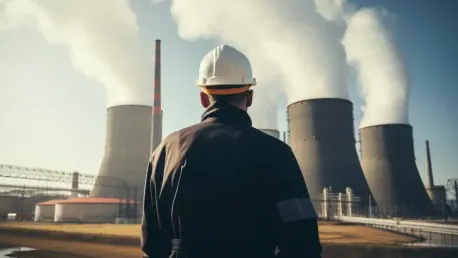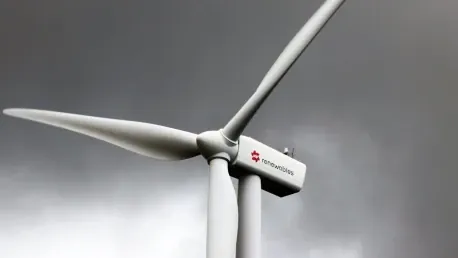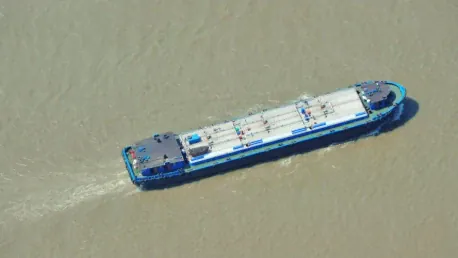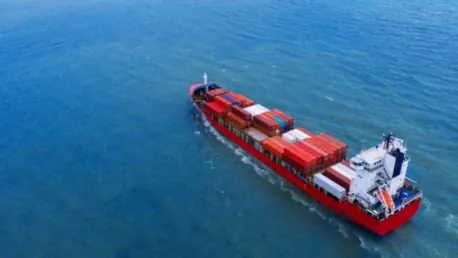
The construction of nuclear power plants is a complex and highly regulated process, designed to ensure the utmost safety and security. Adhering to stringent safety regulations is paramount to mitigating potential threats posed by environmental and human-induced hazards. This article delves into the

Croatia has developed a sophisticated system for trading energy savings, leveraging the SMiV (System for Monitoring, Measurement, and Verification of Energy Savings) platform and white certificates. This system is meticulously designed to track, verify, and monetize energy efficiency measures,

The Vineyard Wind project has recently seen significant progress with the lifting of a suspension order, allowing the renewed construction and power generation activities. This pivotal development comes just days before the conclusion of an administration known for its reluctance toward offshore

The introduction of the new ISO 8217:2024 standards has brought significant attention to the viscosity limits for marine fuels, with a particular focus on Very Low Sulfur Fuel Oils (VLSFOs). These new specifications have revealed a concerning trend: a substantial portion of existing VLSFOs,

As the world grapples with the pressing challenge of reducing greenhouse gas (GHG) emissions, the European Union has taken a significant step forward by introducing the FuelEU Maritime regulation, aimed at addressing GHG intensity in maritime transport. This regulation is the EU's first

New York State is taking a significant step towards reducing fossil-fuel emissions from its numerous large apartment buildings by launching a competition aimed at spurring the development of innovative heat pump technology. Offering a $10 million incentive to manufacturers, this initiative is part